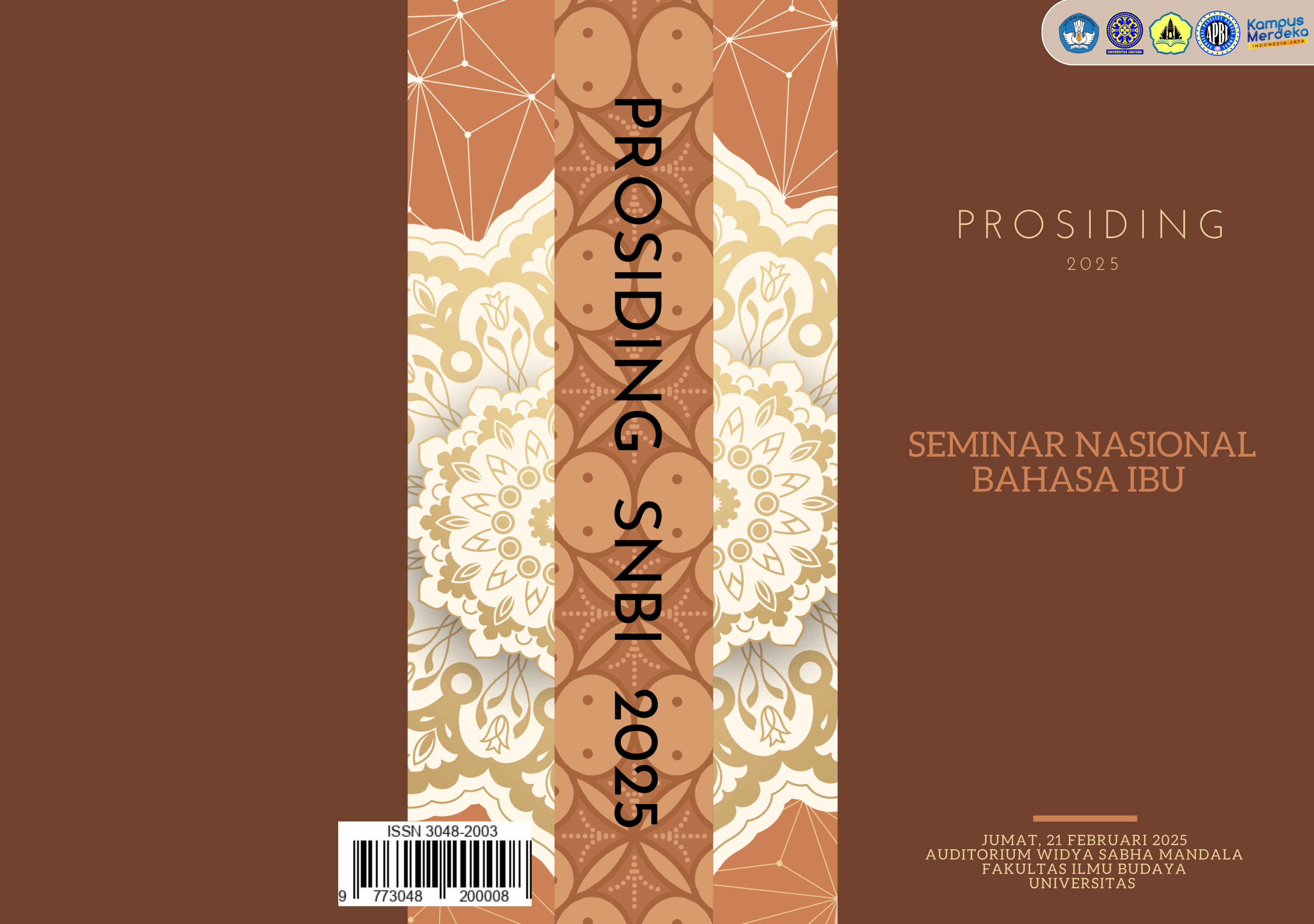TRANSFORMASI BAHASA IBU DALAM ERA DIGITAL: ADAPTASI ATAU ASIMILASI?
Abstract
The mother tongue serves as the foundation of cultural identity but faces significant challenges in the digital era due to globalization and technological advancements. This literature-based study examines the transformation of the mother tongue in both the Indonesian language and several regional languages in Indonesia through two key perspectives: adaptation and assimilation. Adaptation is reflected in efforts such as the digitalization of oral traditions, the development of language learning applications, and the integration of new vocabulary to meet modern communication needs. On the other hand, assimilation occurs when the mother tongue loses its distinctive elements due to the dominance of global languages, leading to linguistic homogenization. This study also explores changes in the mother tongue's vocabulary in social media and interactive applications. The findings reveal that while digital technology can be a powerful tool for language preservation if utilized strategically, it can also accelerate linguistic erosion without a structured approach. This study advocates for collaboration among communities, researchers, and technology developers to ensure that the mother tongue remains relevant, resilient, and a symbol of cultural diversity in the face of globalization.

 Dikelola oleh Program Magister dan Doktor Ilmu Linguistik Fakultas Ilmu Budaya Universitas Udayana
Dikelola oleh Program Magister dan Doktor Ilmu Linguistik Fakultas Ilmu Budaya Universitas Udayana
